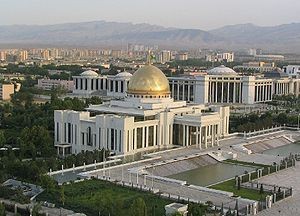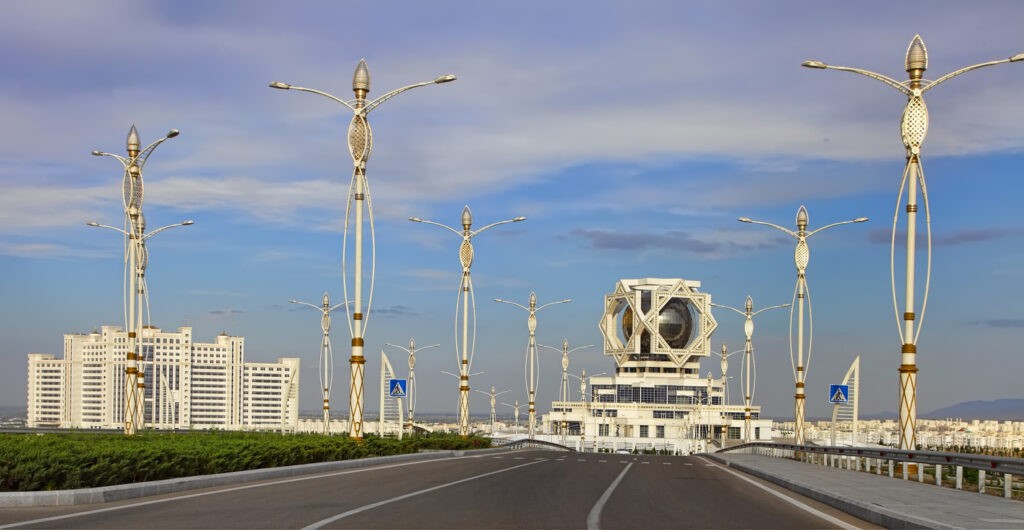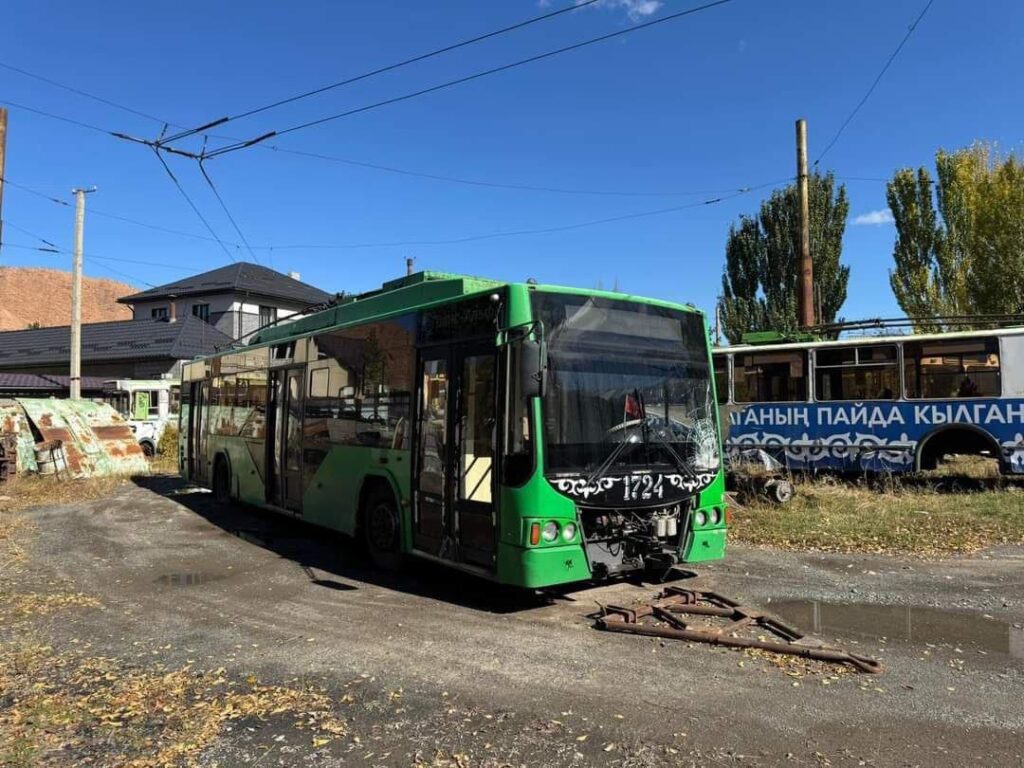ASHGABAT (TCA) — The first-ever United Nations Global Sustainable Transport Conference concluded on November 27 in Turkmenistan’s capital, with more than 50 countries endorsing the ‘Ashgabat Statement on Commitments and Policy Recommendations,’ with a view to supporting cleaner, greener transportation – from local transit systems to worldwide multimodal networks, the UN News Centre reports.
“The Conference has reinforced the importance of sustainable transport and has shown it is a shared global task,” said Wu Hongbo, UN Under-Secretary-General for Economic and Social Affairs, at the closing ceremony.
“Sustainable transport solutions are key to leaving no one behind, securing prosperity, enabling access to services and protecting the environment,” concluded Mr. Wu, noting that “without sustainable transport, there will be no lasting progress on climate action and the Sustainable Development Goals (SDGs).”
Mr. Wu said more needed to be done, including mobilizing trillions of dollars in investments and implementing legal, regulatory and governance frameworks. He also underlined the need to continue and strengthen capacity-building to developing countries.
“We have identified areas for regional and international cooperation and shared far-reaching policy recommendations,” he said.
Concluding the two-day conference with the so-called ‘Ashgabat Statement,’ participants stressed the need to promote the integration of science, technology and innovation into sustainable transport systems by tapping into technological opportunities in the decades to come, in order to bring about fundamental, transformative changes to transport systems.
This, they said, can be achieved through the use of energy-efficient technology, as well as information and communications technology, as they called for strengthening capacity-building support to developing countries.
They also welcomed stakeholders who had developed and launched sustainable transport initiatives, and called on all stakeholders to continue to seek collaborative partnerships for new, innovative, sustainable transport paradigms.
“Sustainable transport has to answer to the needs of those who have the least,” United Nations Secretary-General Ban Ki-moon said at the Conference’s opening ceremony on November 26. “When it does, we can bridge more than physical distances; we can come closer as one human family.”
“Transport is team work,” he said. “With a broad coalition of Governments, international organizations, businesses, civil society and communities, we can make sustainable transport a reality.”
Gurbanguly Berdymukhammedov, President of Turkmenistan, who opened the Conference, agreed. “Today, transport is directly related to the achievement of the Sustainable Development Goals,” he said. In addition to being a key element of modern development, the transport sector lent to job creation, the application of technology and advanced management solutions and a contribution to advancing environmental protection and increasing human mobility by meeting people’s travel and communication needs. The latter also acted in promoting tourism and forging a better understanding among all the people of the planet. Achieving those goals required taking a global approach based on equality, mutual respect and multilateral benefits alongside a balance of the interests of all countries.
The Conference brought together key stakeholders from Governments, the UN system and other international organizations, the private sector, and civil society to engage in a dialogue that emphasizes the integrated and cross-cutting nature of sustainable transport and its multiple roles in supporting the achievement of the SDGs. All modes of transport – road, rail, aviation, ferry and maritime – were addressed.









